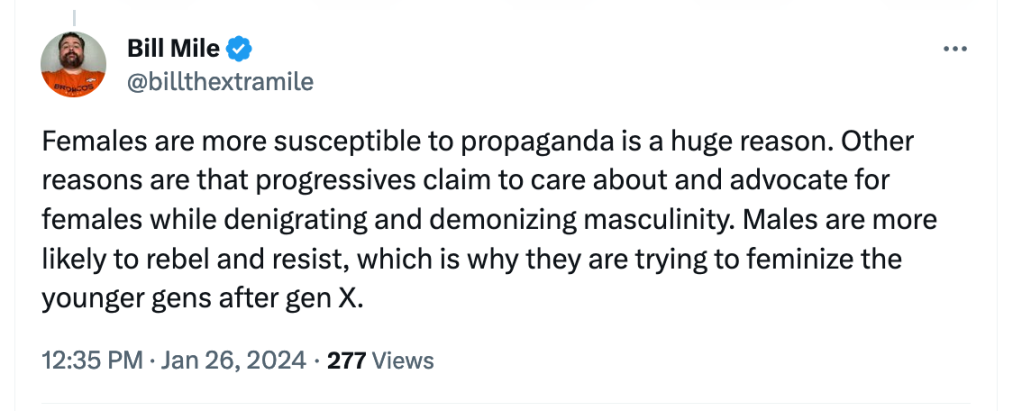Earlier this month, Hamilton Nolan came out with a truly excellent analysis of the phenomenon of overpaid, under-talented columnists. Alongside a review of my older posts, it confirmed my belief that I shouldn’t write this newsletter unless I had something I needed to say. (Hence, of course, the subject line of this message, which you surely don’t need to have explained to you.)
As he describes it, “Most columnists are mediocre. This is not their fault. Almost no one on earth is capable of having two good ideas per week. (I say this as someone who writes at least twice a week.)”
But why, he wonders, would a venue such as the New York Times have so many mediocre columnists? A Times column is, after all, probably one of the best jobs in writing, so even if most columnists are not very good, the Times could find truly excellent ones. But they do not.
I want to quote him at length here, because what he’s saying is insightful, and sharp, and hilarious:
The existence of these uninspired and uninspiring people occupying the very best jobs in their industry is evidence of the limits of the ideals that liberal society purports to value. Sure, the institutions of journalism name truth and enlightenment and justice and equality as their goals, but the unspoken qualification, “within the pool of people who went to, at least, Brown,” is every bit as important as the more noble part that is spoken louder. There is no reason for there to be even one shitty New York Times columnist. They can hire anybody they want. Anybody. The existence of shitty New York Times columnists, therefore, is an unimportant thing that reveals some important things about the myths of meritocracy. The most self-assured liberal institutions are in some ways more profoundly corrupt than some of the more raffish institutions that they look down on. I mean, the NFL is one of sickest symbols of America’s barely subdued imperial impulses, but you don’t see a guy playing nose tackle on the New York Giants because he was the owner’s kid’s college roommate at Yale. Can the New York Times say the same?
Short-form
- Super Cute, Please Like: Writing in N+1, Nicole Lipman explores the economics, ethics, and aesthetics of SHEIN, the ultra-fast-fashion juggernaut.
- Can the Albuquerque Police Department Ever Be Reformed? Searchlight New Mexico investigates what ten years of federal supervision have done to improve the embattled agency. Perhaps it’s making more progress than the Crow Nation force, which disappeared entirely right after a teenager died in a police chase.
- This is a Teenager: The Pudding has, as always, excellent, approachable, beautiful data analysis, this time of a 25-year longitudinal study of youth with and without adverse childhood experiences.
Long-form
I’ve been reading sci-fi and fantasy by Ann Leckie, and both her sci-fi (starting with 2014 Hugo winner Ancillary Justice) and fantasy (2019’s The Raven Tower) take enormous structural risks that pay off beautifully.
Ancillary Justice features a narrator who isn’t quite human, and may or may not count as a person, or as a civilized person. The plot — interstellar machinations, political wrangling, epic quest for revenge — manages to dance along merrily as it makes us think about the nature of gender, of self, of humanity, of how a society perpetuates and defines itself, of what happens when it that definition needs to change.
The Raven Tower alternates chapters narrated in the first and second person. It’s not immediately obvious that it’s the same narrator in both cases, nor that this narrator is, in fact, a pagan god embodied in a boulder stuck in a castle subbasement. Until the very end it’s not clear that all the human characters are, in essence, pawns in its plans. How is this a setup for a good story? I don’t know, but it works.
Cute




